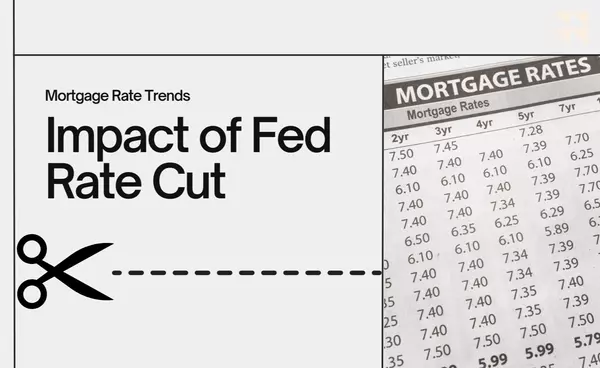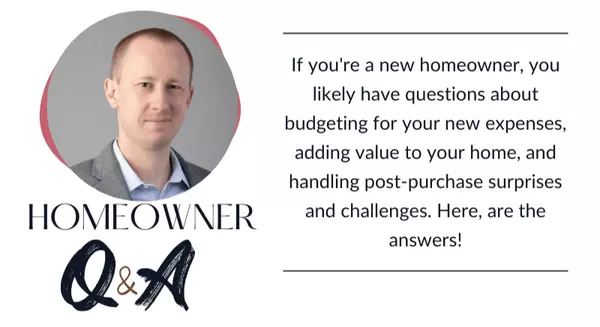
Fed's Rate Cut: Impact on Mortgage Trends
On September 18th, the Federal Reserve implemented a rate cut that has sent ripples through the mortgage industry, bringing the average 30-year fixed-rate to a compelling 6.09%—the lowest since February 2023. This development presents a unique scenario for both potential homebuyers and current home
![Real Estate Is Still the Best Long-Term Investment [INFOGRAPHIC],KCM Crew](https://img.chime.me/image/fs/chimeblog/20240615/16/original_aeb3caa0-7474-49ee-87dd-6b12bd44cc43.png)
Real Estate Is Still the Best Long-Term Investment [INFOGRAPHIC]
Some HighlightsAccording to a recent poll from Gallup, real estate has been voted the best long-term investment for twelve straight years.That’s because a home is so much more just than a roof over your head. It’s also an asset that typically grows in value over time. If you’ve been debating if it m

Homebuilders Aren’t Overbuilding, They’re Catching Up
You may have heard that there are more brand-new homes available right now than the norm. Today, about one in three homes on the market are newly built. And if you’re wondering what that means for the housing market and for your own move, here’s what you need to know.Why This Isn’t Like 2008People r
Categories
Recent Posts




![Real Estate Is Still the Best Long-Term Investment [INFOGRAPHIC]](https://img.chime.me/image/fs/chimeblog/20240615/16/original_aeb3caa0-7474-49ee-87dd-6b12bd44cc43.png)




![The Wealth-Building Power of Homeownership [INFOGRAPHIC]](https://img.chime.me/image/fs/chimeblog/20240608/16/original_62d770fc-df23-44fb-9f17-af8d8df344f5.png)

